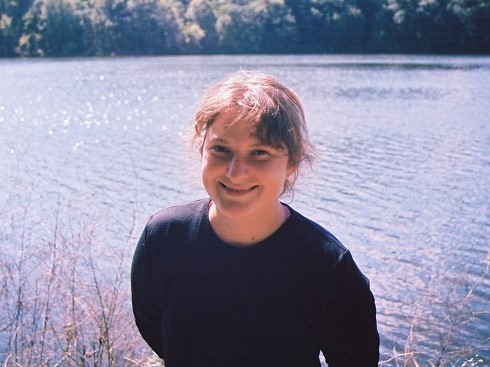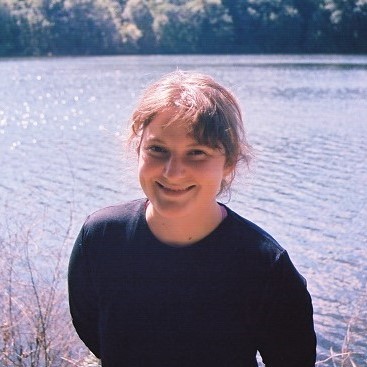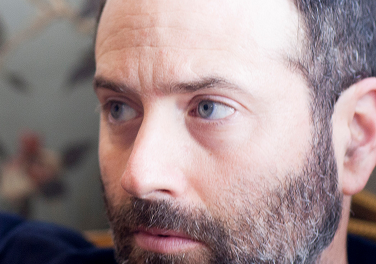
Associate Editor Jess Jelsma Masterton: As a writer, editor, and teacher, I return to the short-short form over and over again for one primary reason: the constraints cause craft to rise to the surface. In so little space, an author must be purposeful with every line or word, attentive to how each element (be it dialogue, characterization, structure, etc.) contributes to the overall project of the piece. The “engine” is often visible rather than hidden. In “Hemiboreal” Elsa Nekola draws on setting to power the story, imbuing the narrative with energy and meaning. Just as the hemiboreal setting lies halfway between the temperate and subarctic zones, so too does the narrator find her marriage stretched between two opposing territories.
To hear Elsa read her story, click below:
Hemiboreal
At that time we were living in a hemiboreal region, dying to be warm. The summers were short and cool, the lilacs didn’t bloom until June, and somewhere across the vast glacial lake was Canada. Over the six-month winter we went to my uncle Paivo’s house way out in the pine woods and shut ourselves in the sauna, tapped each other’s naked backs with birch twigs, and giggled, because there wasn’t much else to laugh about. Then Paivo gave us hot coffee in mugs with the handles broken off, and we sat in his tiny kitchen that smelled of venison jerky and burned wood, sweating under our burdensome clothes. This was in the Upper Peninsula of Michigan, a few years ago, when we were still married and talking about getting a dog, learning to downhill ski. At night we curled together on a futon on the floor, legs intertwined, not out of desire but for body heat. I think the weather saved us; for a while there was always something to talk about: the dramatic November storms, the lake-effect snow, our dried-out skin, and the way our lungs prickled every time we went outside and drew a breath. I came to fear the thaw, when those conversations, those unanimous complaints, would end.
With the changing season, you saw our marriage for what it was: a slapped-together thing, a blight-stricken limb. The lake warmed up to fifty degrees, and I waded to my knees in shallow, iron-tinged water, squinting at distant ore boats, wondering where we’d gone. In summer, when you weren’t cutting down trees and I wasn’t waiting tables, we lay on our lawn like cats in the sun, purring, smiling, speechless. I knew it was over, but the days were longer, stretched out so far sometimes we couldn’t see the other side. You live in South Carolina now, where these realizations come easy to you. I’m still up here, sitting in the sauna alone while Paivo brushes snow off my car. I don’t wait for spring anymore; I let the days go by, comforted by the slow passage of time, the relentlessness of winter, this place’s commitment to it. I don’t take anything for granted.
Elsa Nekola is a writer from Wisconsin. Her fiction appears or is forthcoming in Ploughshares, Witness, Nimrod, Passages North, and other journals. She is currently at work on a collection of short stories.
For more miCRo pieces, CLICK HERE











